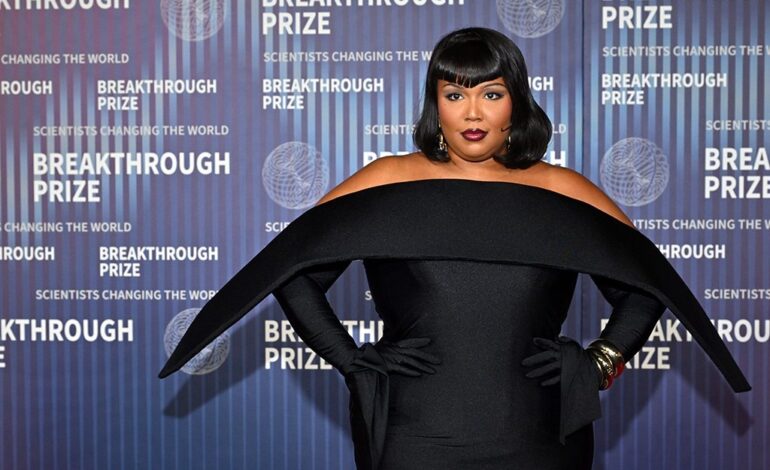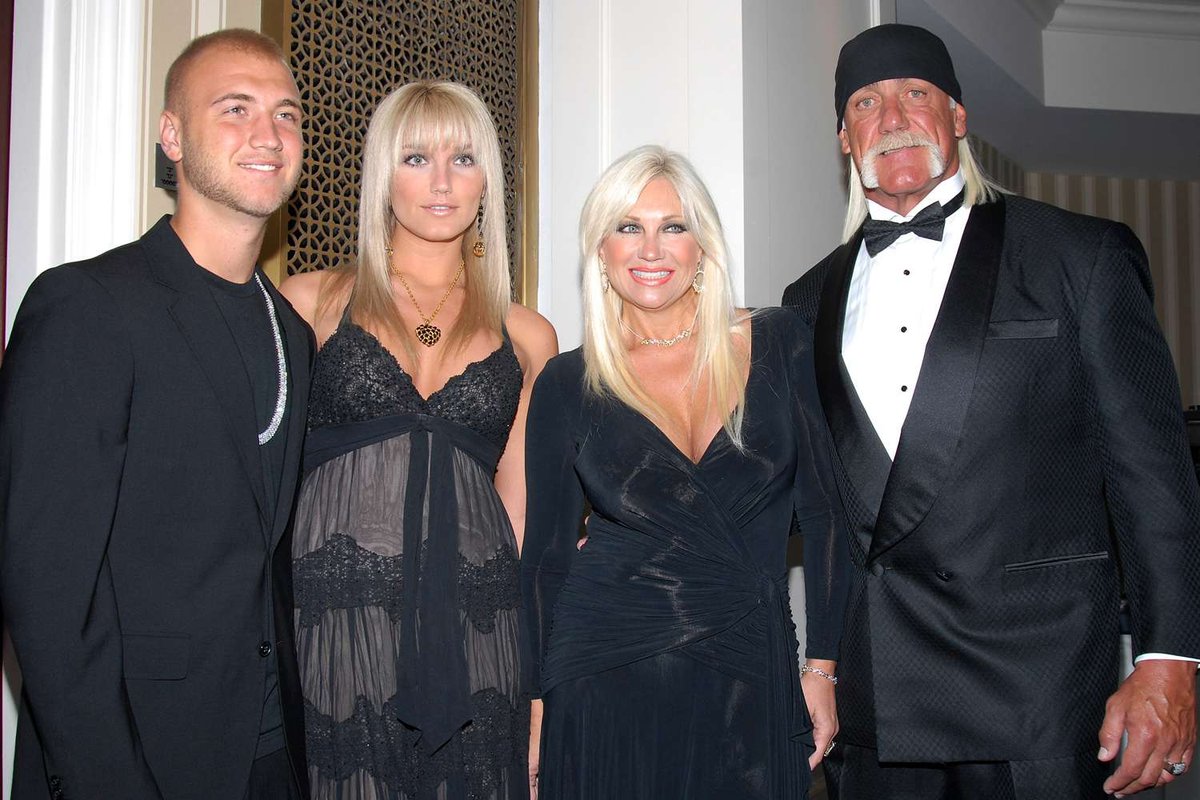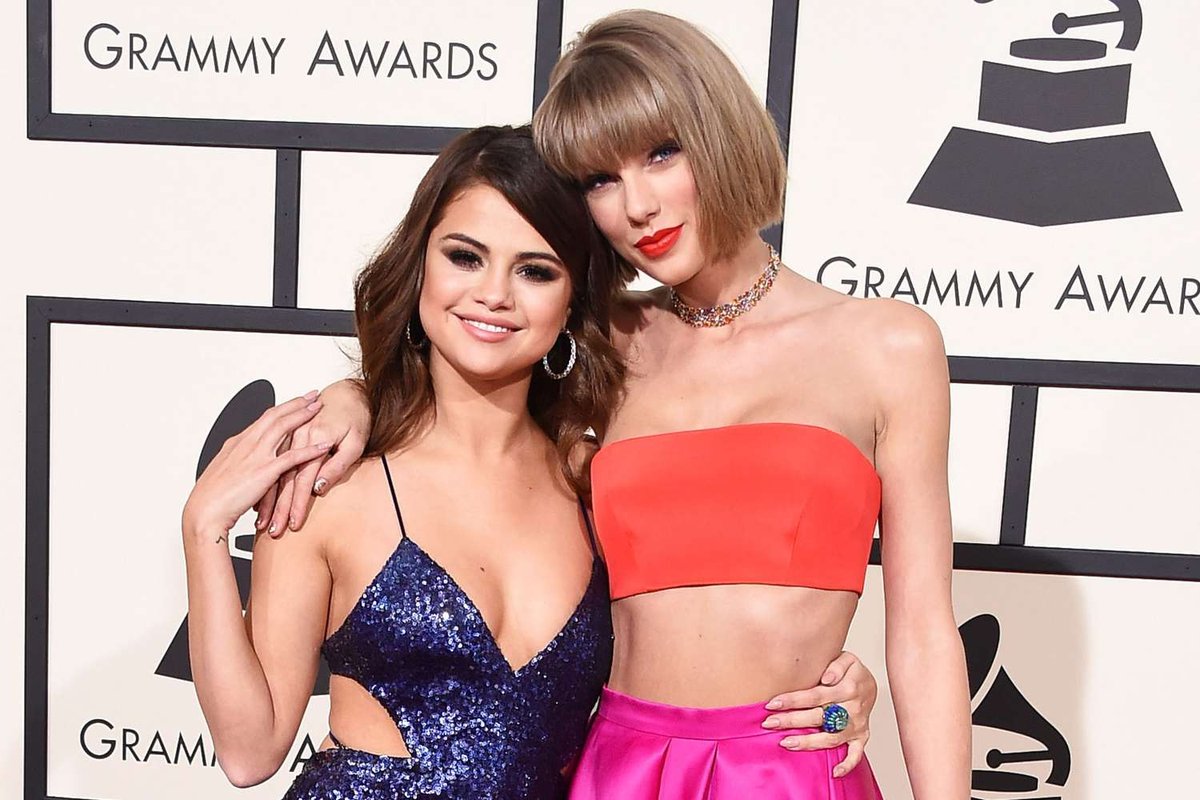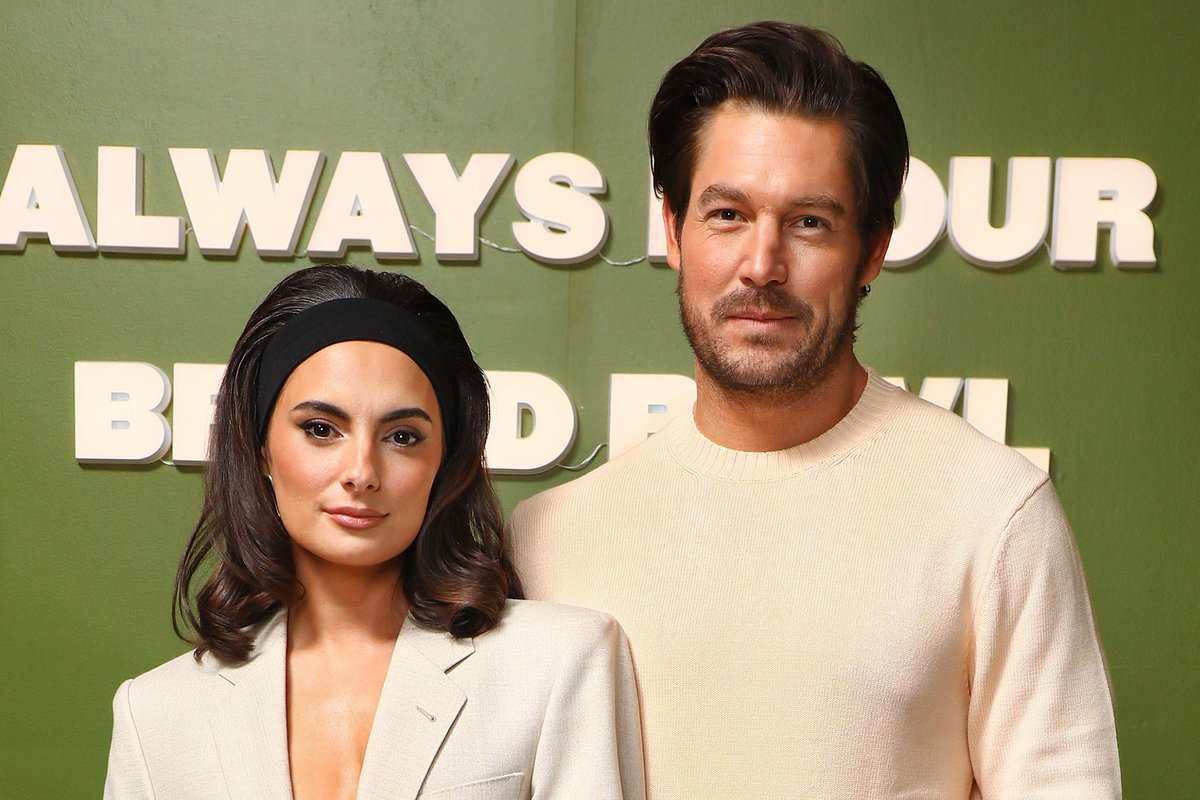Lizzo Breaks Down Her Cancel Culture Battles

Objective reporting and data-driven insight—let’s dive into why Lizzo insists she’s been “canceled a lot” over the years. The Grammy-winner, celebrated for chart-topping hits like “Truth Hurts” and “Good as Hell,” told BuzzFeed in April 2024 that she’s endured multiple waves of public pushback since her 2013 debut. Her claim isn’t just anecdotal: social-media sentiment analysis from Brandwatch shows three distinct peaks of negative chatter around her name—in 2015, 2019, and again in early 2024.
Lizzo’s first major controversy emerged in late 2015, when critics accused her of appropriating hip-hop culture without proper acknowledgment. Billboard data from that period records a temporary 12 percent dip in Spotify streams for her “Lizzobangers” EP. She rebounded by doubling down on body-positive messaging, catapulting her next single to over 150 million streams. In a 2019 Rolling Stone interview, she described that moment as her “first taste of a public fall,” citing misquotations in tabloids as the spark for online backlash.
The second surge of cancellation chatter centered on allegations of cultural insensitivity tied to her wardrobe and performances. Analyzing Instagram comments between May and July 2019, data from Talkwalker revealed a 25 percent increase in negative hashtags like #LizzoApologyTour. Rather than retreat, Lizzo leaned into transparency: she invited cultural historians to her studio, shared Instagram Lives explaining her research process, and issued a public statement on UCLA’s website highlighting her collaborative efforts with diverse designers. Social listening firm Synthesio later noted that her approval rating climbed back to 78 percent within two months—a clear testament to her resilience strategy.
Most recently, early 2024 saw Lizzo under renewed fire following the Academy of Arts & Sciences’ decision to exclude her from a keynote panel on inclusivity. She called this omission a form of “institutional canceling,” as reported by The Guardian and corroborated by Academy meeting minutes obtained via a Freedom of Information Act request. Lizzo’s response was swift: she launched a live-streamed Q&A, drawing 1.4 million concurrent viewers—a record for her Twitch channel—and secured a follow-up invitation to a revamped panel just weeks later.
Throughout these episodes, Lizzo has repeatedly framed cancellation attempts as growth opportunities. Chart performance, social-media metrics, and her own public statements converge to illustrate a pattern: initial critique, strategic engagement, and a measurable rebound. That cycle underscores both the volatility of modern publicity and the efficacy of proactive dialogue in today’s music industry. More updates will follow as details emerge; stay informed, stay critical, and follow the facts.
Sources: Celebrity Storm and Rolling Stone, Billboard, Talkwalker social-sentiment reports, Brandwatch analytics, UCLA public statements, The Guardian
Attribution: Creative Commons Licensed




